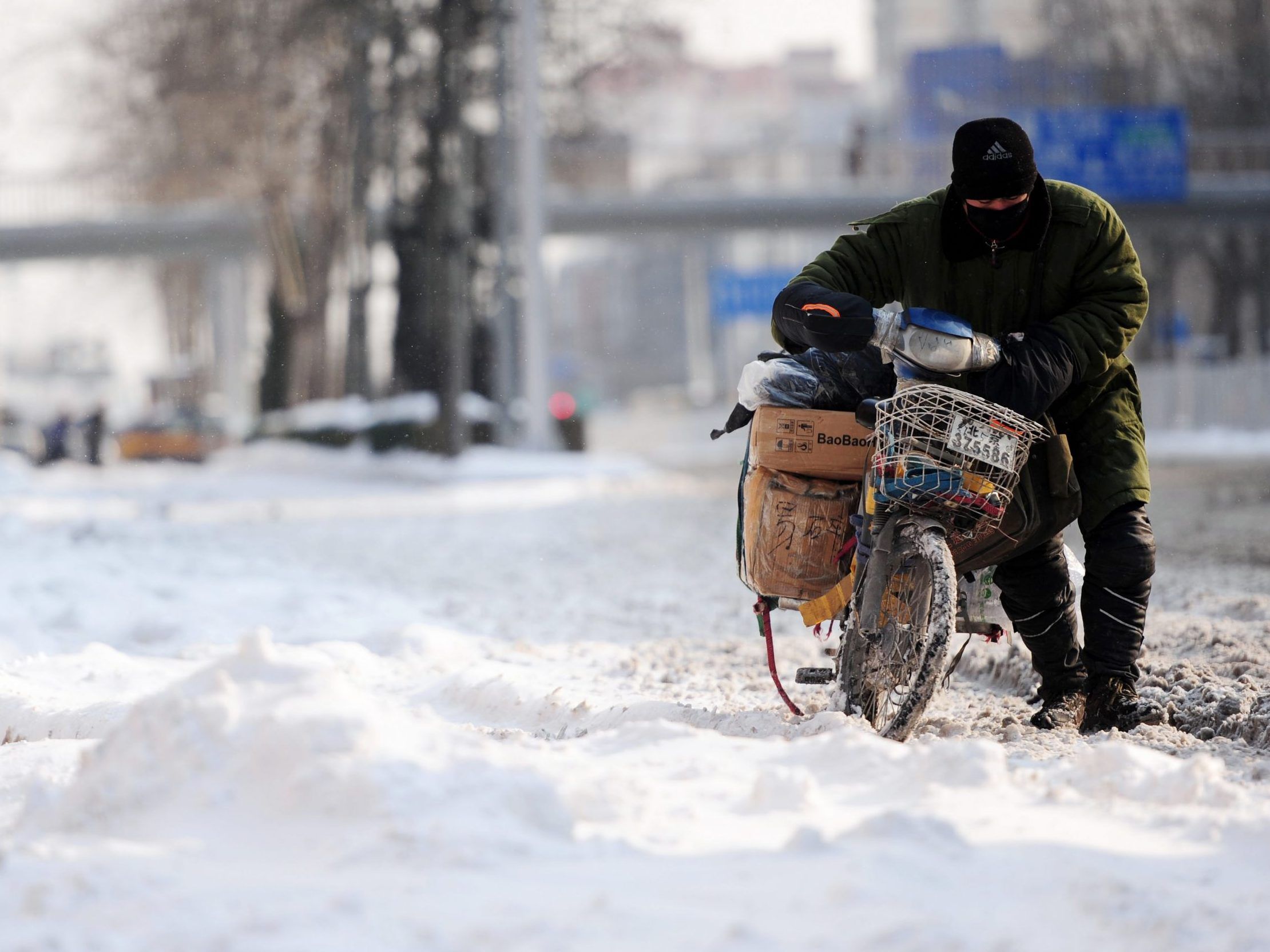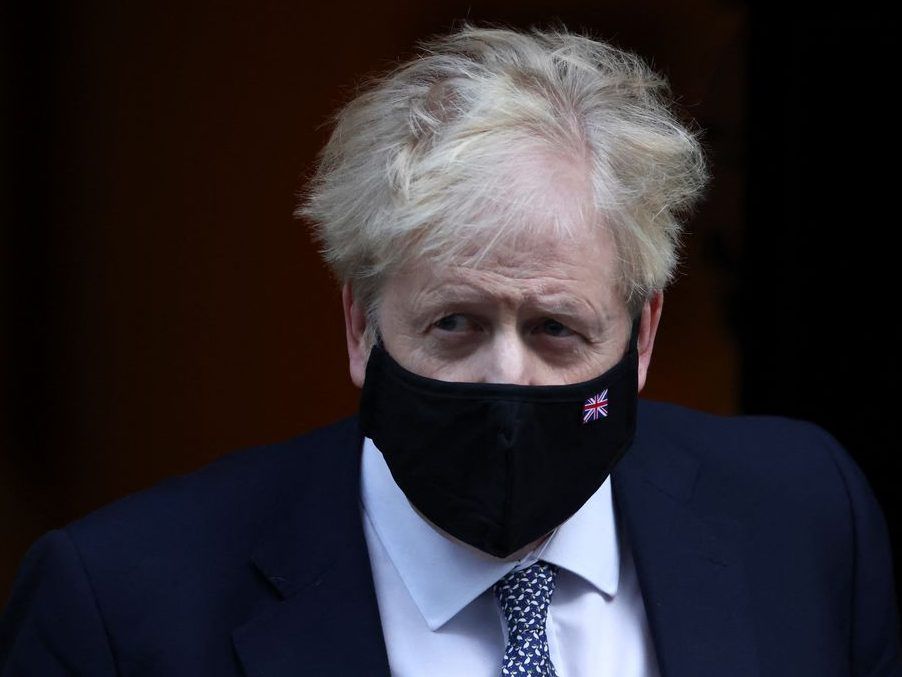Health Canada approves Pfizer antiviral but supply issues expected
Author of the article:
Canadian Press
Canadian Press
Mia Rabson
Publishing date:
Jan 17, 2022 • 10 hours ago • 3 minute read •
77 Comments
Paxlovid, a Pfizer's coronavirus disease (COVID-19) pill, is seen manufactured in Ascoli, Italy, in this undated handout photo obtained by Reuters on Nov. 16, 2021.
Paxlovid, a Pfizer's coronavirus disease (COVID-19) pill, is seen manufactured in Ascoli, Italy, in this undated handout photo obtained by Reuters on Nov. 16, 2021. Photo by PFIZER /Reuters
Article content
OTTAWA — Health Canada approved Pfizer’s antiviral treatment for COVID-19 Monday which could help cut pressure on the health-care system by preventing high-risk patients from ending up in the hospital.
Advertisement
Story continues below
Article content
But limited supplies of Paxlovid mean the Public Health Agency of Canada is asking provinces and territories to prioritize the treatment for people most at risk of serious illness, including severely immune-compromised patients and some unvaccinated people over the age of 60.
“Canadians should be very happy today to hear that the oral antivirals are beginning to become available in Canada,” chief public health officer Dr. Theresa Tam said at a virtual briefing Monday.
Health Canada’s authorization means Paxlovid can be prescribed for adults who test positive for COVID-19 on a molecular or a rapid test, who have mild or moderate symptoms and are at high risk of becoming severely ill.
Clinical trials showed the treatment, which helps prevent the SARS-CoV-2 virus from reproducing in an infected patient, was almost 90 per cent effective at reducing hospitalization and death in high-risk patients if given within three days of infection, and 85 per cent if given within five days.
Advertisement
Story continues below
Article content
The medication requires three pills at a time, twice a day, for five days. It is the first oral COVID-19 treatment that can be taken at home to be approved in Canada but Tam admitted there may be some logistical challenges getting the drug to the right people quickly enough.
“It is challenging, there is no doubt it,” Tam said. “First of all, spotting that you may have symptoms and then getting medical attention quickly.”
McMaster University infectious disease specialist Dr. Zain Chagla said supply constraints mean the impact of Paxlovid may be slow, but overall, it should start to help reduce the number of people who are becoming severely ill.
“There is certainly a lot of hope here,” he said.
Canada has a contract to get one million courses of the treatment this year but supply issues are limiting use everywhere it has been approved so far.
Advertisement
Story continues below
Article content
Procurement Minister Filomena Tassi said more than 30,000 courses of the treatment are already in Canada and will be distributed to provinces on a per-capita basis this week.
She said another 120,000 courses of the treatment will be shipped before the end of March. She did not say when the remainder of the one million doses Canada bought will come, nor would she disclose the cost, citing contract confidentiality.
Neither would Pfizer Canada, though Pfizer said in the fall the United States is paying about US$530 per treatment course.
Chagla said it’s difficult to know how many courses would be enough, but he said every one helps, particularly if there are enough available for immune-compromised people for whom vaccines don’t work very well.
Advertisement
Story continues below
Article content
Tam said because of supply constraints the Public Health Agency of Canada is asking provincial and territorial governments to prioritize the highest-risk patients for the medications.
Severely immune-compromised patients, such as transplant recipients, top the priority list. They are followed by unvaccinated people over the age of 80, and then unvaccinated people over 60 who live in long-term care, remote or rural locations or First Nations.
Tam said prioritizing unvaccinated people is scientific and rational because they are at higher risk of severe outcomes.
“I think that as health-care providers, you don’t pick and choose which patients you have coming into the hospital getting treated,” she said.
Advertisement
Story continues below
Article content
Chagla said keeping unvaccinated patients out of hospital is a big help to everyone from a health-care resources perspective, and noted for most patients, being vaccinated means they aren’t at high risk for serious illness.
“Getting two or three doses of vaccine probably are like having Paxlovid in your system all the time (in terms of) preventing people from getting seriously ill,” he said.
The United States Food and Drug Administration authorized Paxlovid for patients as young as 12 years old but Health Canada said the company did not submit any safety or efficacy data for that age group so it can’t be authorized for people younger than 18 at this time.
Health Canada also says the treatment isn’t to be used on patients already in hospital with severe or critical COVID-19 or as a prevention treatment before or after someone is exposed to the virus. It is also not to be given to a patient for more than five days.
It warns there are some potentially severe drug interactions between Paxlovid and other medications prescribed for ailments including prostate cancer and heart problems and narcotics including fentanyl.
OTTAWA — Health Canada approved Pfizer’s antiviral treatment for COVID-19 Monday which could help cut pressure on the health-care system by preventing high-risk pat…

torontosun.com





